Plato’s Republic
Study a pillar of the Western political tradition: Plato's Republic.
June 20–June 24, 2022
Washington, D.C.
Young people with ambitions often want to lead politically successful lives that are also morally serious lives. Is this possible? Can we both do well and be good? Or do the demands of political life, the needs of the community, and the dilemmas of leadership make ordinary morality impossible for those who seek power and influence?
In this opening week to the Hertog Political Studies Program, fellows will engage with these questions through a close reading of Plato’s Gorgias. They will reflect on the ethical dilemmas implied by the pursuit of power, in politics and other realms, and on how human beings should conduct themselves in a world in which the demands of justice and the demands of political necessity often seem to conflict.
Image: The Death of Socrates, courtesy of Wikipedia Commons.
Benjamin Storey and Leon Kass discuss the Ten Commandments
This course was part of our residential Political Studies Program. Fellows participate in morning seminars and meet prominent men and women in public life over afternoon and evening sessions.
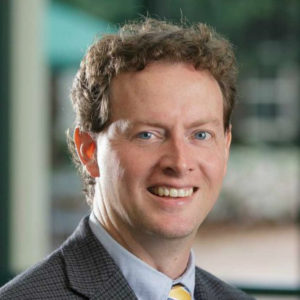
Benjamin Storey is a senior fellow in Social, Cultural, and Constitutional Studies at the American Enterprise Institute (AEI), and co-director of AEI’s Center for the Future of the American University. He is concurrently an SNF Agora Fellow at Johns Hopkins University and a research fellow at the Civitas Institute at the University of Texas at Austin.

Benjamin Storey is a senior fellow in Social, Cultural, and Constitutional Studies at the American Enterprise Institute (AEI), and co-director of AEI’s Center for the Future of the American University. He is concurrently an SNF Agora Fellow at Johns Hopkins University and a research fellow at the Civitas Institute at the University of Texas at Austin.
Prior to coming to AEI, Dr. Storey served as Jane Gage Hipp Professor of Politics and International Affairs at Furman University, where he taught for 17 years. He was the recipient of Furman’s highest award for undergraduate teaching, and the founding director of Furman’s Tocqueville Program.
Dr. Storey has been a visiting fellow at the James Madison Program in American Ideals and Institutions at Princeton University, and the recipient of a “Enduring Questions” Grant from the National Endowment for the Humanities. He has taught at the University of Chicago, and for the Hertog Political Studies Program, the Tikvah Fund, and the William F. Buckley, Jr. Program at Yale.
Dr. Storey is the coauthor, with his wife, Jenna Silber Storey, of Why We Are Restless: On the Modern Quest for Contentment (Princeton University Press, 2021). Together, the Storeys are working on a book titled, The Art of Choosing: How Liberal Education Should Prepare You for Life.
Readings:
Introduction; Plato, Gorgias, 447A–461B
Discussion Questions:
Readings:
Plato, Gorgias, 461B–486D
Discussion Questions:
Readings:
Plato, Gorgias, 486D–506
Discussion Questions:
Readings:
Plato, Gorgias, 506B-527E
Discussion Questions:
Readings:
Discussion Questions:

Ryan P. Hanley
Ryan Patrick Hanley is Professor of Political Science at Boston College. His research in the history of political philosophy focuses on the Enlightenment. He is the author of Our Great Purpose: Adam Smith on Living a Better Life and Love’s Enlightenment: Rethinking Charity in Modernity.
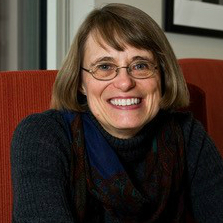
Vickie Sullivan
Vickie Sullivan is the Cornelia M. Jackson Professor of Political Science and teaches and studies political thought and philosophy. She also maintains teaching and research interests in politics and literature. She has published extensively on Montesquieu and Machiavelli and is the co-editor of Shakespeare’s Political Pageant.
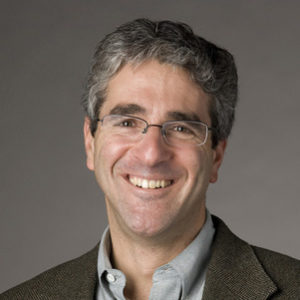
Laurence Cooper
Laurence Cooper is Professor of Political Science at Carleton College. Most of his research has addressed the question of human flourishing—what it is, how we can know what it is, what it requires from education and politics, and the risks that arise from misunderstanding it.
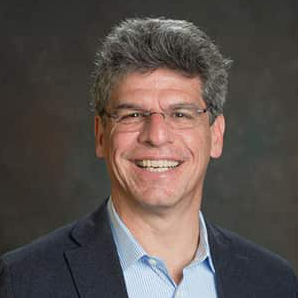
Jacob Howland
Jacob Howland has published five books and roughly 60 scholarly articles and review essays on the thought of Plato, Aristotle, Xenophon, Kierkegaard, the Talmud, the Holocaust, ideological tyranny, and other subjects. His most recent book is Glaucon’s Fate: History, Myth, and Character in Plato’s Republic.

Diana Schaub
Diana Schaub is a nonresident senior fellow at the American Enterprise Institute (AEI), where her work is focused on American political thought and history, particularly Abraham Lincoln, Frederick Douglass, African American political thought, Montesquieu, and the relevance of core American ideals to contemporary challenges and debates. Concurrently, she is Professor Emerita of Political Science at Loyola University Maryland, where she taught for almost three decades.
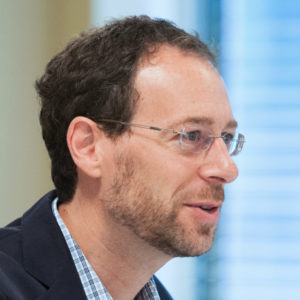
Bryan Garsten
Bryan Garsten is Professor of Political Science at Yale University. He writes on questions about political rhetoric and deliberation, the meaning of representative government, the relationship of politics and religion, and the place of emotions in political life.